Ghost Recon Breakpoint Review - A Tactical Identity Crisis
/Ubisoft is well-known for crafting massive worlds that provide players with playgrounds of activities, enough to make any completionist gush at how much they can collect. The Ghost Recon series is now among the many franchises that provide just that: what started with Ghost Recon Wildlands has continued in Breakpoint, an open-world tactical shooter that feels great when the bullets start flying, but slowly loses its identity the moment you're caught in this endless gameplay circuit of looting gear to “improve” your character.
You play as Nomad, the same team leader that led a group of Ghost operatives to dismantle a drug cartel back in Ubisoft’s version of Bolivia. It's been six years since then, and he's now tasked to assess the situation in Aurora, an island owned by billionaire Jace Skell of Skell Technologies. Everything goes to hell the moment Nomad’s team enters the island, and you're suddenly on the run to fend off enemies who now have full control over the island.
At the start, the feeling of isolation and the need to survive in the wild alone felt compelling, making me excited for new ideas from the Wildlands sequel. But it took the game approximately 20 minutes to cast that expectation out the window - it was the moment I hit the game’s social hub.
It's jarring going from the game's strong opening to a hub filled with other players playing their version of Nomad, all running around seemingly mindlessly. The survival elements I was expecting felt more like afterthoughts, and never materialized into a main component of Breakpoint’s gameplay. You drink water if your stamina gauge is reduced, and prep at a bivouac or eat crafted rations to gain buffs. That’s about it, really. And if you're severely injured, you just have to hold a button to heal and watch the same leg patching animation every time… then you're ready to go. It took less than one session to realize that expecting realism in this tactical shooter was my first mistake.
Being thrown into this world means you can explore Aurora however way you want. You're tasked to do missions that require some intel gathering and interrogation to either progress through the story, or unlock attachments for specific weapon types. After ten (10) hours of going from location to location and finishing missions alone or with other fellow Ghosts, I felt numb, with no real desire to progress through the story, as the game failed to keep me on-track and divert my interest away from this open world filled with gear just waiting to be looted.
The cutscenes - which are mostly mixed with flashbacks - provide backstory for key in-game characters. We see Cole Walker’s (John Bernthal) relationship with Nomad in the past, and the downward spiral that led to him becoming the antagonist of Breakpoint. Among all the characters, he’s the only notable standout in Breakpoint, not because of interesting motivations or personality, but the lack of the above. What drives him to be the big bad is pretty straightforward and uninspiring, and the conclusion at the end of the story lacked the resolution one expects and deserves for spending more than 20 hours on the game.
Sidequests were the typical tasks with forgettable characters dispensing disappointing rewards. Breakpoint is another clear example from Ubisoft that more doesn’t mean better. The island of Aurora is massive and it’s filled with locations to explore, but the world feels lifeless. There's not much going on when you drive around, or take a chopper for a more scenic route. You'll find patrols roaming the roads, and a thug or two with a hostage, but that’s about it, really. Even Bolivia - the setting of Ghost Recon Wildlands - made for a more believable setting.
Gear Score is just a number
Ghost Recon Breakpoint is a looter shooter. That’s... actually hard to say with a straight face, as I really can’t put this in line with other titles like The Division, since the gears and weapons you loot and their corresponding stats provide such a slight advantage/disadvantage that I found myself ignoring it 90% of the time. I just equipped whichever had the higher Gear Score, since a higher Gear Score equates to a few more body shots' worth of defense.
But it’s not a complete loss if you do encounter foes with a high Gear Score, since all it takes is one bullet to the head to take anyone down. With this in mind, I was able to succeed in places where I technically shouldn't have been able to tread. High Gear Score enemies are introduced early on and highlighted with a red icon. I was a freshman with a Gear Score of just 1 in my first encounter. I should've ran, but I fought anyway, because I live dangerously. I died a few times, but found ways to take them down through stealth and a few good headshots to thin their numbers. I succeeded alone, and at that early point, opened a line of questioning as to whether the number floating above an enemy’s head was merely a distraction, rather than a barrier for entry.
Choose a role, no commitment needed
Nomad’s skill tree is where the game’s true progression can be found. You can unlock passive skills, such as increasing your total ammo count, or equipping up to three perks that give players a chance to tailor-fit their character to a specific role. There are 4 classes to choose from, each with their own unique skill and tactical equipment. I was a Sharpshooter most of the time, and was equipped with passives to be effective at long range and a means to instantly tag enemies in a radius. Those that choose the Panther class are silent and can throw a smokescreen when the operation gets a bit dicey. The Medic is more effective at healing and reviving, and Assault is a bruiser, with less recoil and more damage resistance. You get the idea.
Weapons can be upgraded by using the crafting materials you pick up from destroyed drones and deconstructing unwanted gear. Perks are unlocked for that kind of weapon model, and each one has 3 tiers. Again, even at max, it was hard to see these improvements make an impact in fights.
What Breakpoint does right is the game’s tactical side, providing the player with enough options and opportunities to cripple the opposition before they spot you. This is where I had the most fun - doing recon, planning my entry point, and charting my escape once I'd completed my objective.
Gunfights felt great no matter what weapon I used, and moving from cover to cover was seamless in that I never had any issues moving my character. Driving any kind of vehicle felt unrealistic, with no unique turning speed or physics to emulate the appropriate environmental conditions. This goes for the game's helicopters and boats as well.
The Ghost Recon series shines in giving you the feeling of executing a military operation, and this is a game that, at its best, can do just that. The only issue is the enemy AI, which is an important piece for a tactical shooter.
Be it the futuristic drones that patrol Aurora, or the Wolves deemed the elite best that the military has to offer, all of them can be easily manipulated, making this an easy game even on Realistic, the highest difficulty setting. The response of enemies finding your sloppy execution as a Ghost doesn’t make any sense. They'll find a dead body, stare at it for a bit, check the area, and eventually give up, not leaving the player with any sort of consequence.
Even if you do get caught and tangled in a firefight, the path they take to engage you is also easy to manipulate. Let’s just say I was able to funnel twenty enemies through one flight of stairs. (This, by the way, was mostly experienced as a lone wolf. It’s way easier to pull tricks like this off with a group employing proper communication.)
A Promising Take on Multiplayer
Ghost War, the game’s PVP component, was a wonderful surprise, as Ubisoft’s take on a Ghost Recon competitive play requires patience and proper teamplay to succeed. Running and gunning is not the way of the game. Slowly moving and calling out targets while snipers hang back on perches to cover lines of sight… methodical, tactical play is what you can expect from Ghost War. It can be intense, even though you're mostly creeping from one location to the next and actual gunfights end in just seconds, crescendos of violence between long movements of the waiting game.
You only have one life per round, and just like in battle royale games, the play area shrinks after a certain amount of time passes, eventually forcing players to engage one another. This shows promise even with the limited game modes and maps available at launch.
I gave Breakpoint a chance to grow on me, improving my Gear Score, clearing compounds, and resolving the island residents’ issues, no matter how dangerous. It’s a repetitive grind that can be tolerable thanks to the tactical side of the gameplay, but Breakpoint needs more support and a stable build (bugs, crashes, etc) to make it a recommendable title to those looking for a shooter to play with friends.
Ghost Recon Breakpoint just doesn’t stick with what people expect from this tactical shooting franchise. They aimed for more by adding in a basic RPG loot system, but failed to make it diverse and encourage experimentation. They even have raid content, which is another example of why this game’s identity is in question. It's not available as of this writing, but I’m curious to see how character builds will work in content that requires precise team coordination to succeed. It’s unusual to see the Ghost Recon franchise going this way, as this sequel is more of a move sideways than forwards.
Score: 6/10
Highlights
(+) A tactical shooter with a variety of options for any kind of engagement
(+) Ghost War is a great PVP mode for tactical shooter fans
(-) The loot system is unnecessary
(-) Enemy AI is easy to manipulate.
(-) Even The Punisher couldn’t make Breakpoint have a memorable story.
(+/-) a beautiful world but lifeless at the same time.
What I’ve Played
Platform: PC
Spent 30 hours exploring Aurora (7 hours via coop)
Spent almost 2 hours on PVP
Reached the max player level (30)
Reached Gear Level 189
[This review is based on a PC review code provided by Ubisoft.]

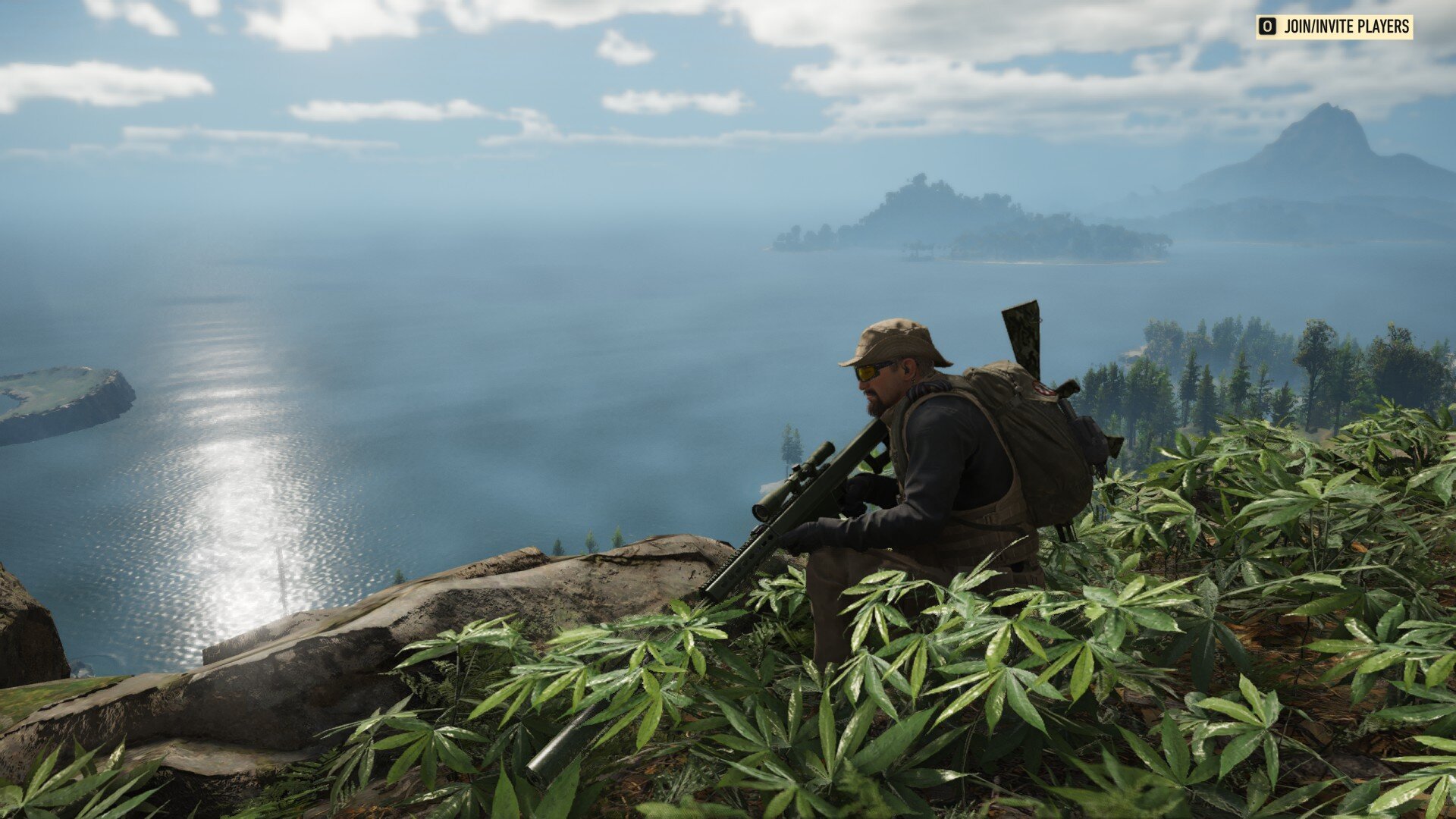


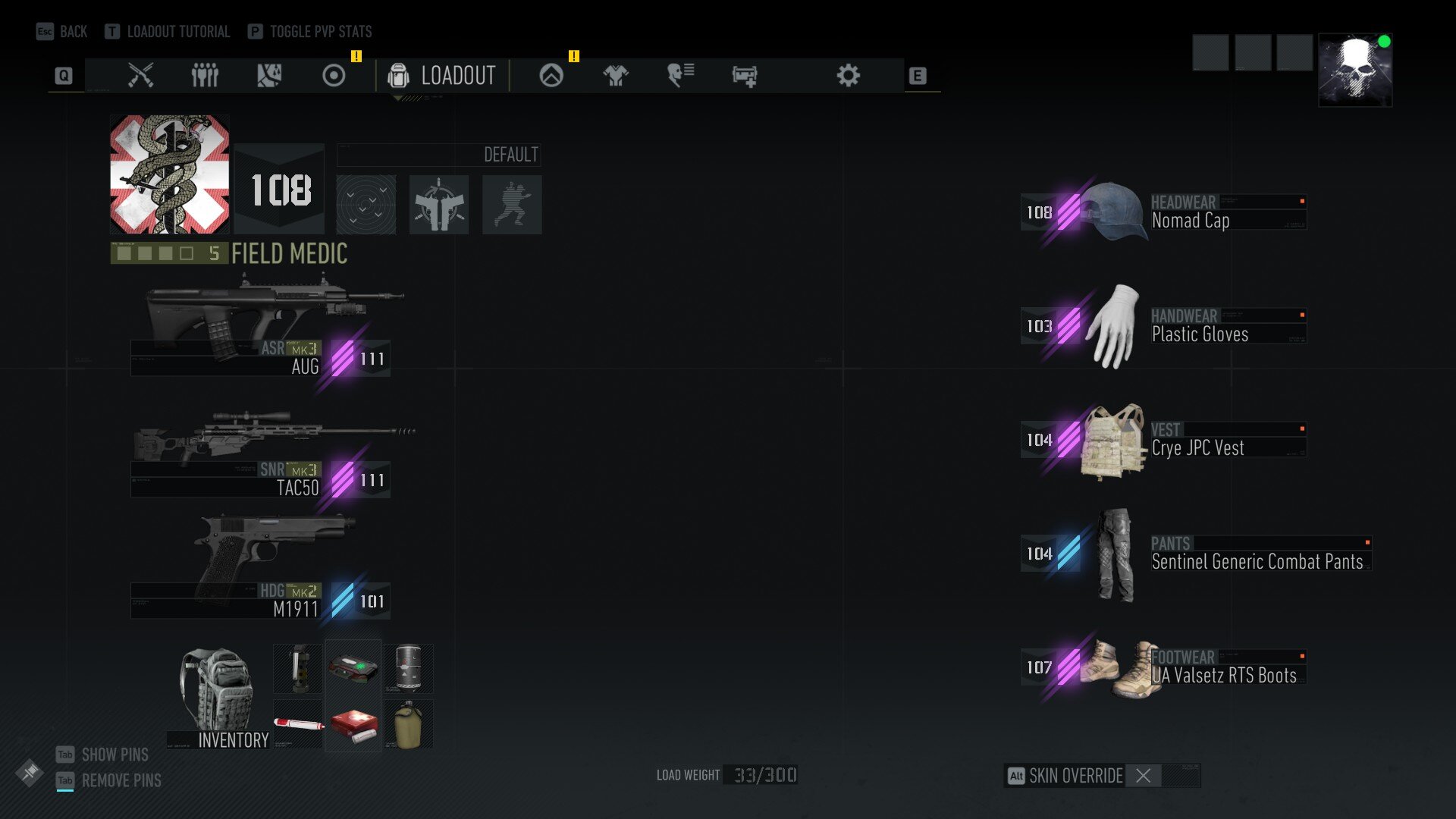

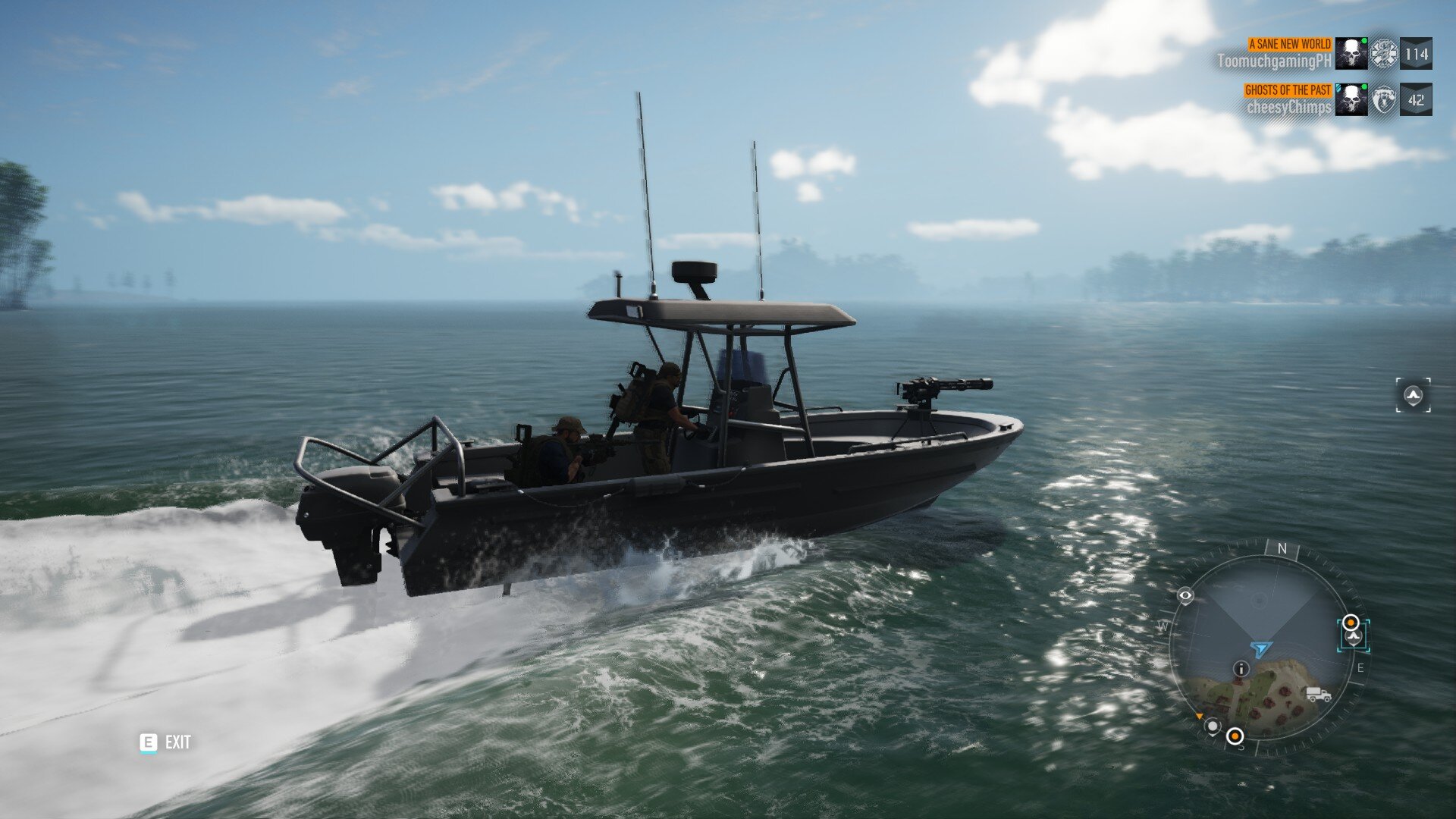



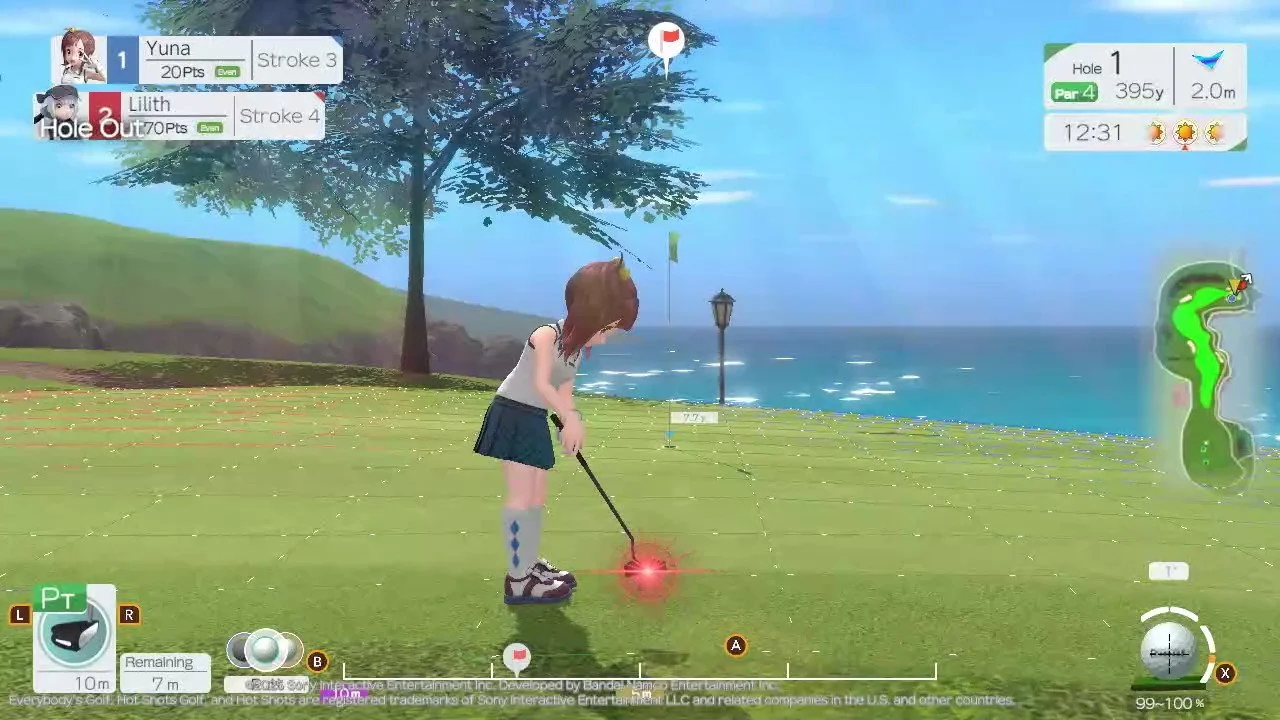






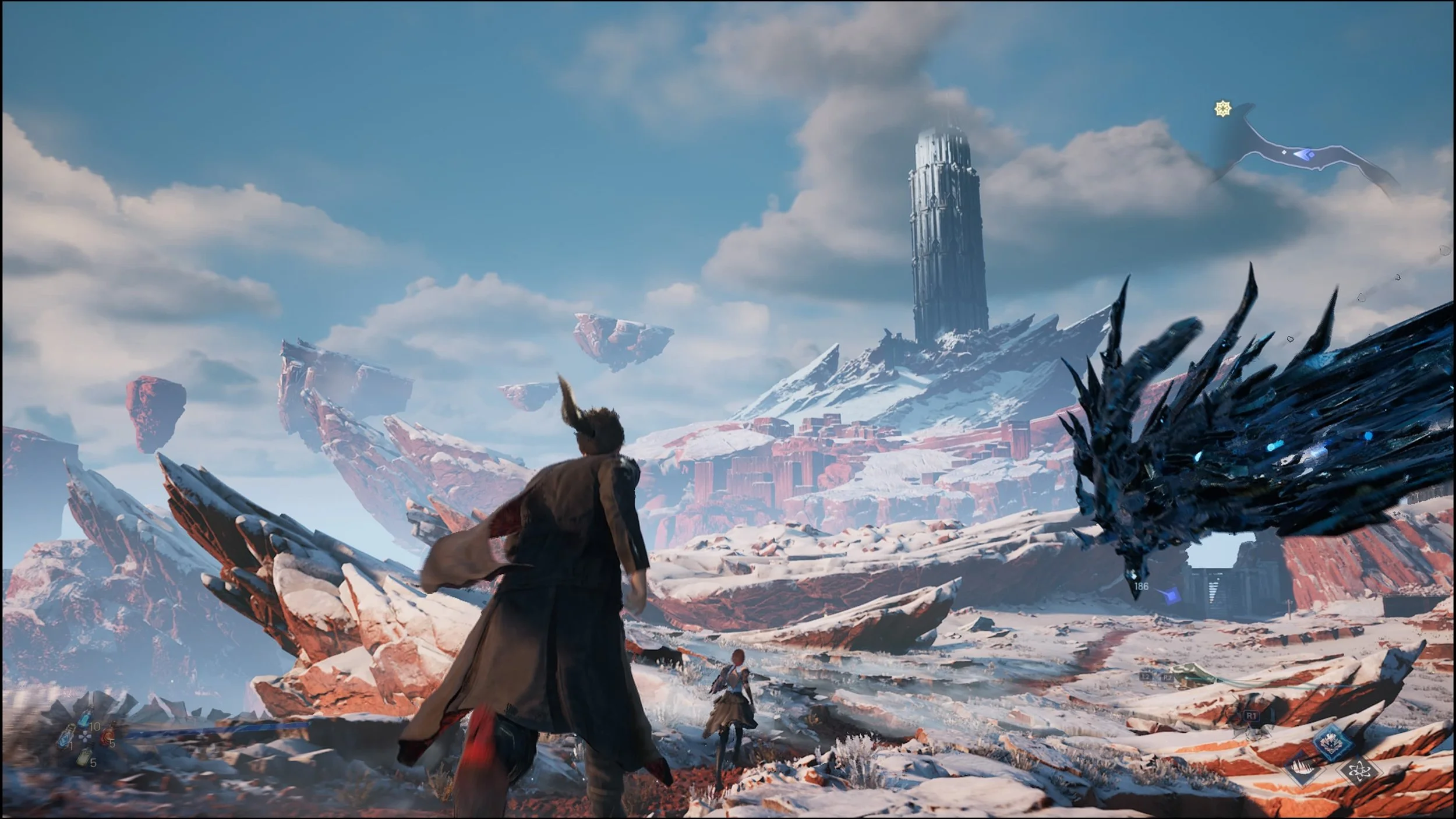


SEGA and Ryu Ga Gotoku Studios put a ton of love and care into Yakuza Kiwami 2, and it runs flawlessly on Switch 2. If you’re like me and itching for a reason to take a plunge into the Yakuza universe, there’s no better time than the present.